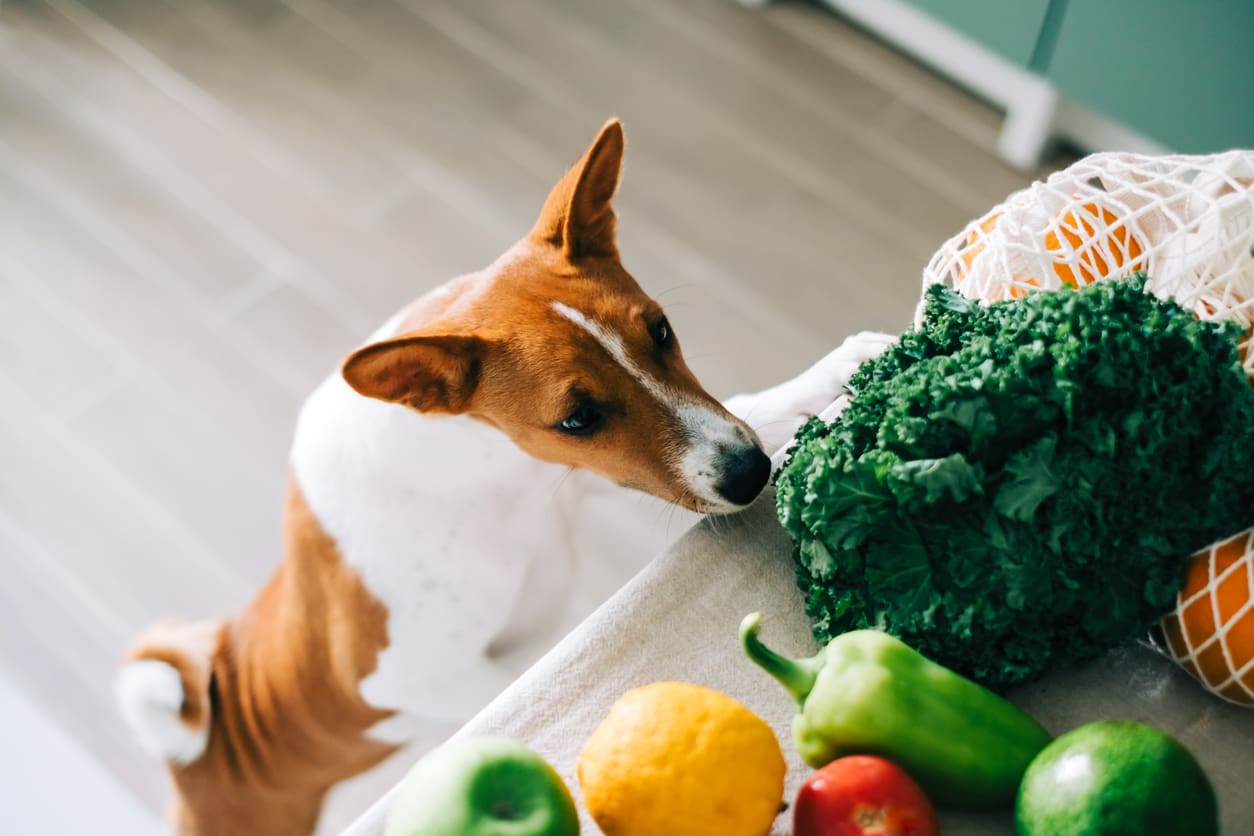We all know the importance of a healthy diet, and that goes for our furry friends as well. While dog food provides the essential nutrients they need, incorporating certain fruits and vegetables can offer a powerful boost to their overall well-being. These nutrient-rich powerhouses, often referred to as “superfoods,” can be a fantastic way to supplement your dog’s diet and promote optimal health.
This post explores seven superfoods you can introduce to your dog’s diet, along with information on their health benefits and safe serving sizes. Remember, it’s always a good idea to consult with your veterinarian before introducing any new foods to your dog’s nutrition routine.
1. Broccoli: A Cruciferous Powerhouse
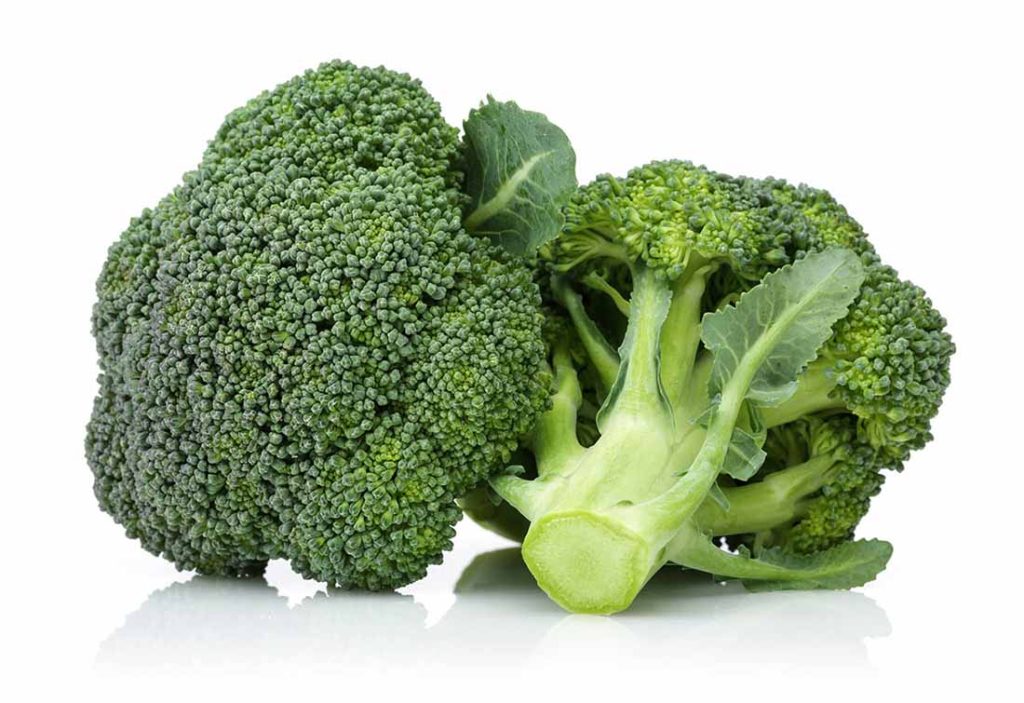
Broccoli florets are packed with vitamins, minerals, and fiber, making them a superfood for both humans and dogs.
- Health Benefits: Broccoli is an excellent source of vitamins C and K, which are essential for maintaining a healthy immune system and strong bones. It’s also a good source of fiber, which aids in digestion and gut health. Broccoli contains sulforaphane, a natural compound with potential anti-cancer properties according to ongoing research.
- Serving Size and Tips: Small amounts are key. A single floret, chopped into bite-sized pieces, is sufficient for a small dog. Larger dogs can handle two to three florets. It’s preferable to steam or boil broccoli before offering it to your dog, as raw broccoli could cause stomach upset.
2. Dates: A Natural Source of Sweetness
Dates are a naturally sweet treat that can be a healthy alternative to sugary snacks for your dog.
- Health Benefits: Dates are a good source of fiber, potassium, and magnesium. Fiber promotes healthy digestion, while potassium and magnesium are essential for maintaining proper muscle function and nerve health. Dates also contain antioxidants which can help protect cells from damage.
- Serving Size and Tips: Dates are high in sugar, so moderation is key. A single, chopped date is a good portion size for most dogs. Be sure to remove the pit before feeding a date to your dog, as it can be a choking hazard.
3. Carrots: A Crunchy Source of Beta-Carotene

Crunchy, colorful carrots are a well-known low-calorie source of vitamins and minerals, making them a perfect superfood for dogs.
- Health Benefits: Carrots are rich in beta-carotene, which is great for eye health. The body converts beta-carotene into vitamin A, which is essential for healthy vision, skin, and coat. Carrots are also a good source of fiber and antioxidants.
- Serving Size and Tips: Carrots can be offered raw, steamed, or boiled. For smaller dogs, cut baby carrots into bite-sized pieces. Larger dogs can handle full-sized carrot sticks in moderation. Offering raw carrots can provide your dog with a healthy and satisfying chew.
4. Blueberries: Tiny Titans of Antioxidants
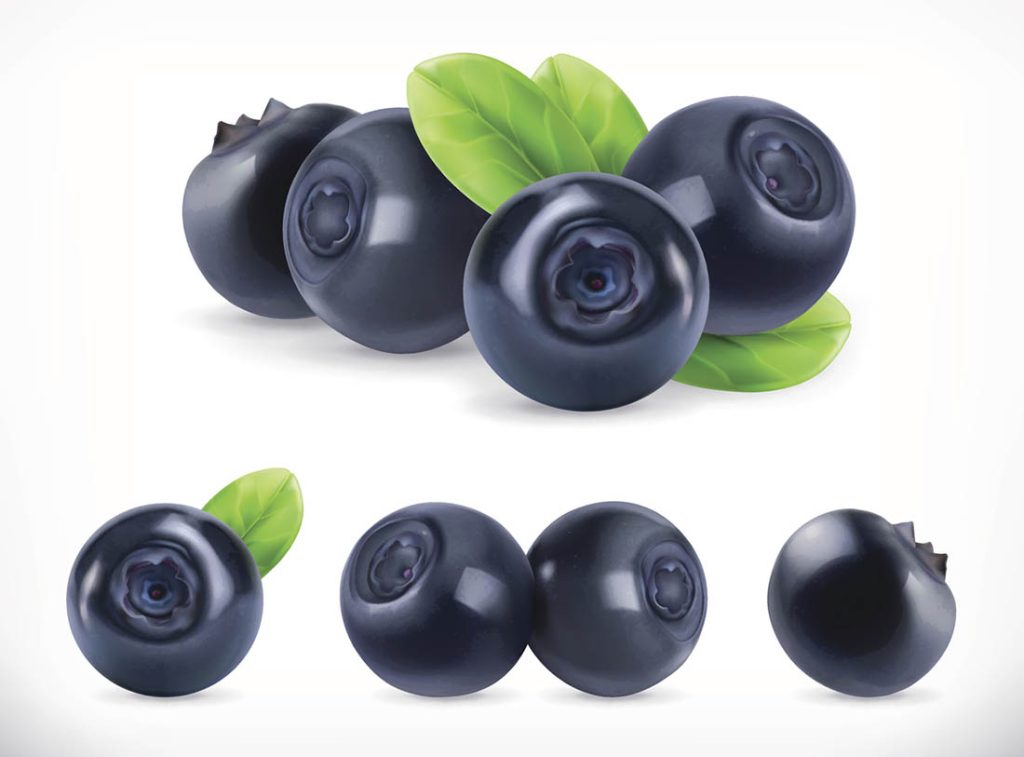
Blueberries are antioxidant powerhouses that can benefit your dog’s immune system.
- Health Benefits: Blueberries are brimming with antioxidants, which can help protect cells from damage and may reduce the risk of certain diseases. They are also a good source of fiber and vitamin C, which supports a healthy immune system.
- Serving Size and Tips: Blueberries are a safe and delicious treat for most dogs. A small handful is a good portion size for a medium-sized dog. Blueberries can be frozen for a refreshing summer treat or mashed and added to your dog’s food bowl for a nutritional boost.
5. Cranberries: A Tart Treat for Urinary Health
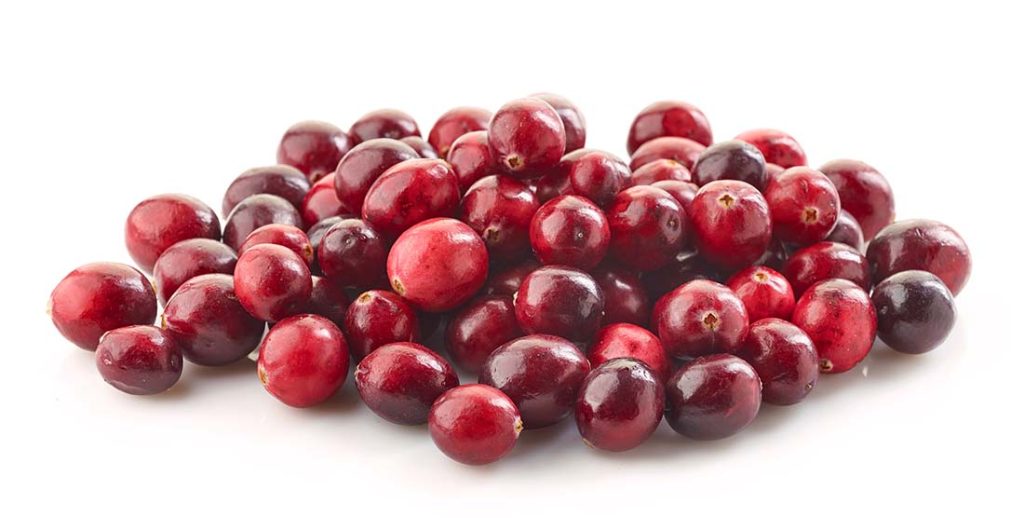
Tart and tangy cranberries can be a beneficial addition to your dog’s diet.
- Health Benefits: Cranberries are known for their potential benefits in promoting urinary tract health. The proanthocyanidins in cranberries may help prevent bacteria from adhering to the bladder wall. Cranberries are also a good source of fiber, vitamin C, and antioxidants.
- Serving Size and Tips: Cranberries can be fed fresh, frozen, or dried. Fresh or frozen cranberries are preferable, as dried cranberries may contain added sugar. A small handful of cranberries is a good portion size for a medium-sized dog. Cranberries can be mashed and added to your dog’s food or offered as a healthy treat.
6. Chia and Flaxseed: Not Just for Human Health Nuts
Yes, dogs can have chia seeds and flax In small amounts. And they can reap the benefits of their omega-3 fatty acid and antioxidant content. Both are high in alpha-linolenic acid (ALA), which supports healthy heart function. The essential fatty acids in chia and flax (and fish oil and algae oil) are vital for joint health, supporting your dog’s coat health, and maintaining your dog’s skin health.
7. Sweet Potatoes: The Digestive System-Friendly Tuber
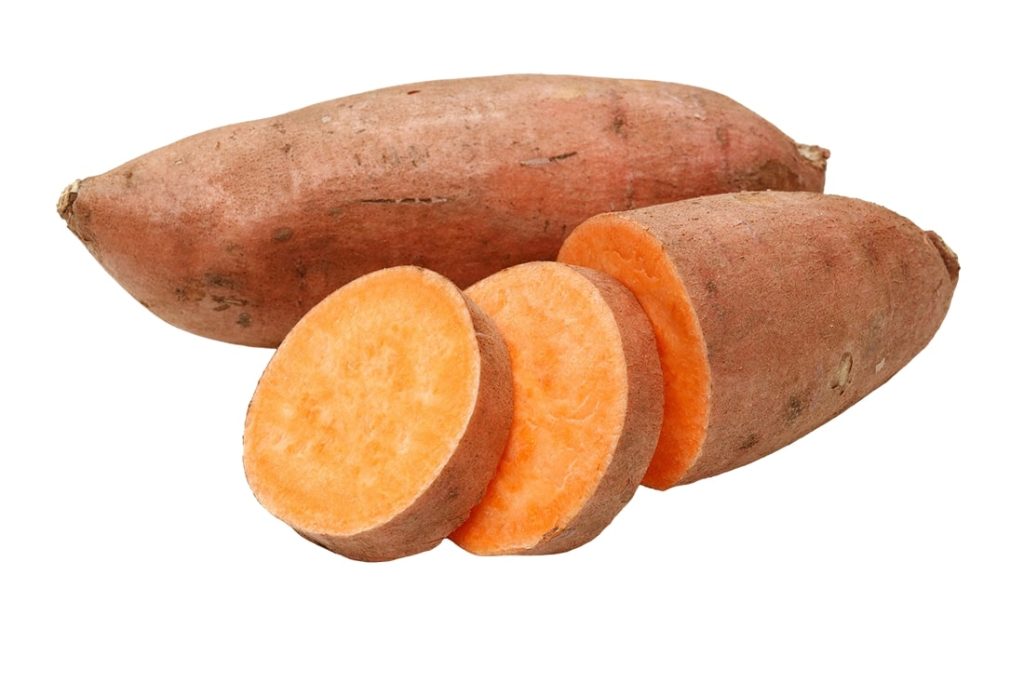
Sweet potatoes are one of the best veggies you can give your pooch to promote pet health. They’re full of health benefits for dogs and humans alike, including essential vitamins and nutrients necessary for a well-rounded diet, strong digestive health, and good overall health. Sweet potatoes also contain calcium, necessary for dogs to grow strong bones and teeth and maintain a healthy nervous system.
Additional superfoods
Other superfoods for dogs include Greek yogurt, which contains gut-friendly probiotics, turmeric/curcumin, which has natural anti-inflammatory properties, bone broth, which is high in amino acids, and quinoa, a healthy source of fiber.
Dog Superfood Safety Reminder:
- Introduce new foods gradually: Start with a very small amount of any new food and monitor your dog for any signs of digestive upset, such as vomiting or diarrhea.
- Moderation is key: High-quality superfoods are nutritious additions, but they should not replace a well-balanced diet. Dog treats, whether leafy greens, crunchy carrots, or bones, should not make up more than 10% of their daily dietary intake.
- Consult your vet: Your dog’s meals, whether it’s fresh whole food, kibble, or both, should be the main source of all nutrients. Pet food is specifically designed to be complete and balanced for your dog’s health.
This content is for informational use only and does not replace professional nutrition and/or medical advice, diagnosis, or treatment. It is not a substitute for and should not be relied upon for specific nutrition and/or medical recommendations. Please talk with your veterinarian about any questions or concerns.
